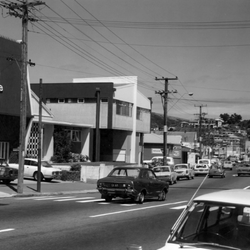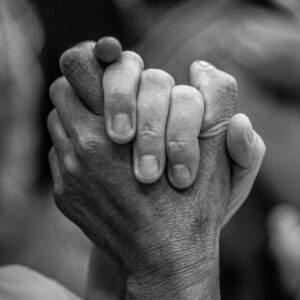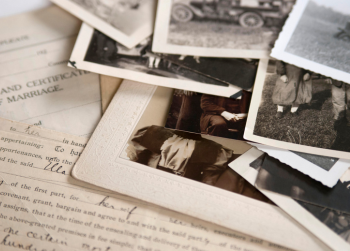Tēnā koutou! Nau mai, welcome to the first Rauemi blog post. This blog series looks at different resources, highlighting new, useful or unusual sources of Māori information.
A lot of people ask us at the wharepukapuka for help researching their family tree or their whakapapa. We have many nifty resources at the library; some stowed away at our information desks, some on the public shelves, and some available through our website. Here are just three rauemi (resources) that might help you in looking up names for your whakapapa – whether for places, people or objects.
An amazing rauemi available online is the Fletcher index of Māori names. This can be found through our Māori website Rauemi page, under the “History” header. The Fletcher Index is “from an unpublished manuscript compiled about 1925 by the missionary Rev. Henry James Fletcher (1868-1933). In its original form it was 987 pages long, a vast index of Māori names referred to in books and journals, including the names of boundaries, Māori individuals, canoes, trees, landmarks and geographical locations. It was Fletcher’s greatest piece of work, and one that merited improved access.” (from website). It has searchable, browsable access to a wide range of pre- and post-Pākehā names of people, places, and more, and provides the details of where those names are found in other sources. This makes it an excellent resource for finding a name’s provenance, or discovering new contexts and information about a name or place previously unknown.
A second rauemi available on the internet is this page of Pakeha (European) / Māori Transliterations. A common raru (problem) in trying to research whakapapa is that, particularly in older records, people could be known, recorded, and written about by more than one version of their name. This is where the Transileration page comes in. This page lists an amazing variety of Māori names with their reo Ingarihi (English) transliterations, and also English names and their Māori transliterations, and is searchable both ways. It also includes a huge number of Māori transliterations of Biblical names, which were very popular in early colonial times. For example, the Pākehā missionary William Colenso was known as “Colenso”, “Koroneho”, “Koreneho”, “Te Koreneho” and “Te Koroneho” formally, and “Neho” colloquially. Searching for just one of these names might bring up only a fraction of the material available for this person under his other names, and without knowing the transliteration, you might never find that data. Now, due to the handy magic of transliteration lists, your searching might become a little broader, and a little easier.
And finally, one from our shelves. If you’re looking for more information on Māori names for places, look no further than A. W. Reed’s dictionary of the same, Illustrated Māori Place Names, for a comprehensive etymology of places around Aotearoa.
 Illustrated Maori place names / A.W. Reed
Illustrated Maori place names / A.W. Reed
What’s in a name? It really all depends on the name – and I hope these rauemi might help you discover more about the names that mean something to your whakapapa or research.






